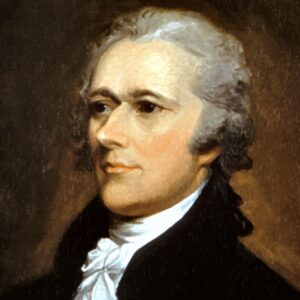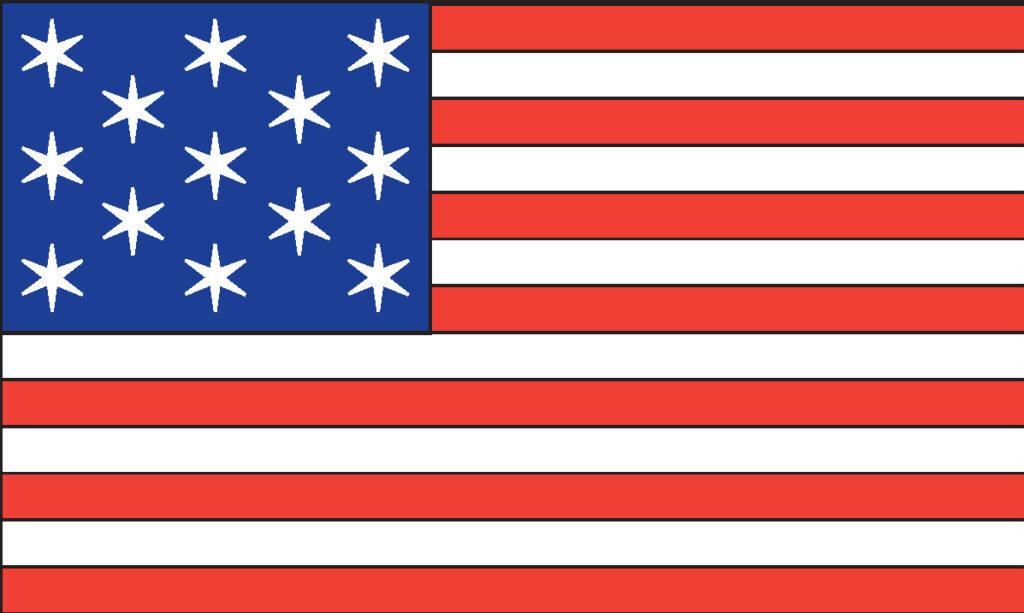Alexander Hamilton, a former Delegate, from New York, to the Constitutional Convention, publishes “Federalist #34,” paragraph two of which explains the importance of maintaining two independent legislatures:
It is well known that in the Roman republic the legislative authority:, in the last resort, resided for ages in two different political bodies not as branches of the same legislature, but as distinct and independent legislatures, in each of which an opposite interest prevailed: in one the patrician; in the other, the plebian. Many arguments might have been adduced to prove the unfitness of two such seemingly contradictory authorities, each having power to annul or repeal the acts of the other. But a man would have been regarded as frantic who should have attempted at Rome to disprove their existence. It will be readily understood that I allude to the COMITIA CENTURIATA and the COMITIA TRIBUTA. The former, in which the people voted by centuries, was so arranged as to give a superiority to the patrician interest; in the latter, in which numbers prevailed, the plebian interest had an entire predominancy [sic]. [Emphasis in the original]
NOTE: This concept of bicameralism has been vitiated, demeaned and disparaged by the fraudulent 17th amendment.
[restored 11/30/2024]
Alexander Hamilton, using the penname “Publius,” publishes “Federalist #35,” arguing that particular industries should not be favored at the expense of others, and that indirect taxes (“taxes exacted indirectly from a person other than the one on whom the ultimate burden of the tax is expected to fall.” [Such as tariffs on imports, or excises] –– Webster’s Unabridged Dictionary Unabridged Dictionary) should not favor or disfavor any particular State or States. In paragraphs one and two he writes,
… [I]f the jurisdiction of the national government, in the article of revenue, should be restricted to particular objects, it would naturally occasion an undue proportion of the public burdens to fall upon those objects. Two evils would spring from this source: the oppression of particular branches of industry; and an unequal distribution of the taxes, as well among the several States as among the citizens of the same State.
… Exorbitant duties on imported articles would beget a general spirit of smuggling; which is always prejudicial to the fair trader, and eventually to the revenue itself: they tend to render other classes of the community tributary, in an improper degree, to the manufacturing classes, to whom they give a premature monopoly of the markets; they sometimes force industry out of its more natural channels into others in which it flows with less advantage; and in the last place, they oppress the merchant, who is often obliged to pay them himself without any retribution from the consumer. When the demand is equal to the quantity of goods at market, the consumer generally pays the duty; but when the markets happen to be overstocked, a great proportion falls upon the merchant, and sometimes not only exhausts his profits, but breaks in upon his capital. …
[restored 11/30/2024]
Subsequent Events:
Authority:
Articles of Confederation, Article XIII
ccc-2point0.com/Articles-of-Confederation
References:
Federalist No 34 – The Avalon Project
avalon.law.yale.edu/18th_century/fed34.asp
Federalist No. 34 – Wikipedia
en.wikipedia.org/wiki/Federalist_No._34
Federalist No 35 – The Avalon Project
avalon.law.yale.edu/18th_century/fed35.asp
Federalist No. 35 – Wikipedia
en.wikipedia.org/wiki/Federalist_No._35


